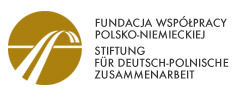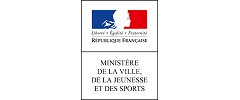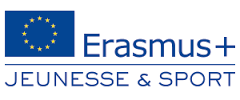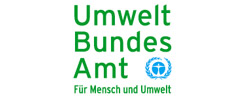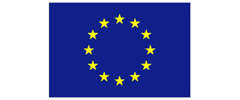#Save the bees! Help ban the neonics
WECF and European Save the Bee Coalition call for a comprehensive ban on neonicotinoids
10.07.2017
| Countries: | European Union |
| Donors: | PAN Europe |
| Issues: | Chemicals & Health: Biodiversity & Food; |
| Duration: | 01/2017 - 12/2017 |
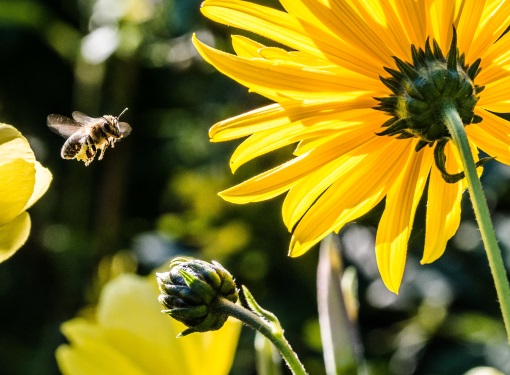
The Save the Bees Coalition is a platform of European NGOs working to achieve a ban on neonicotinoids in the European Union. The Coalition also aims at implementing a better protection of pollinators against pesticides in general.
The goal of the coalition is to bring together civil society organisations from all European Union (EU) countries so as to join efforts at local, regional, national and European levels in order to obtain a full ban on neonicotinoids, and a European pesticide policy that ends the use of bee-harming pesticides in Europe. Neonicotinoid insecticides include imidacloprid, clothianidin, thiamethoxam, thiacloprid and acetamiprid.
Visit the Save the Bee Coalition website: www.beecoalition.eu
Background
For years, researchers have been observing global beekeeping with increasing unrest. One reason for this is the use of pesticides in agriculture. According to the German Beekeepers Association, the number of bee peoples has been reduced by almost 60% since the 1950s. The animals pollinate around 80 percent of our useful and wild plants - without bees, fruits and vegetables would become luxury goods.
In the light of the latest scientific findings and the clear assessment of EFSA www.efsa.europa.eu, the EU needs urgent action to ban pesticides such as imidacloprid, clothianidin and thiamethoxam. It is worrying that not only these three active substances present a high risk for bees. Also in the case of deltamethrin, cypermethrin and chlorpyrifos, it has been shown that these substances acutely affect bees even at low concentrations and damage their health.
Our chance in 2017: A comprehensive ban on three substances
The EU is currently examining applications for renewal of the EU authorizations for these substances. The earlier authorization of such bee-pesticides was based on an incomplete risk assessment that did not take into account the sublethal and chronic effects on honey bees, bumble bees and single bees. The new EFSA Guidelines, adopted in 2013, now also cover these risks. It is the result of a thorough scientific work and exemplary efforts by EFSA to work with stakeholders and independent experts to incorporate the latest scientific findings.
WECF therefore calls on the EU Commission to use the EFSA guide to assess the risks posed by pesticide pests and to ban imidacloprid, clothianidin and thiamethoxam completely.
What are we doing?
WECF supports the European Save the Bee Coalition https://www.beecoalition.eu/
WECF calls for the support of a ban on neonics from the German federal government
What can you do? Join in, you become a member of the Bee Coalition
https://www.beecoalition.eu/
More information (in English) is available at PAN Europe:
http://www.pan-europe.info/
Related News
GoodFood4All
WECF and partners all over Europe start GoodFood4All Campaign
06.11.2018
Promotion of Healthy and Economical Agriculture and Livestock Farming
How to improve with simple means agricultural cultivation methods and local livestock farming and make them more profitable
08.08.2018
Armenia Policy Dialogue on Agenda2030 - Women2030 Program, Yerevan, 18 June 2018
WECF and Armenian partners invited 30 Civil Society Organisations and Government representatives to prepare input for Agenda2030 UN top in July
02.07.2018
Greenpeace EU Director pushes for "Friends of the Bees" behaviour at the European Commission
Discussions to ban Neonicotinoids (insecticides) have been going on for a year at the European Commission, considering the threat they pose to bees and other major pollinators. Yet, the vote on the proposal keeps on getting delayed.
20.03.2018
Successful first action against algae overgrowth in the Blue Lake in Ukraine
Using fish to fight the overgrowth of algae
18.12.2017
Save the Bees Coalition Launched #savethebees
80 European NGOs gathered to form the Save the Bees Coalition, in order to pressure EU decision makers to enforce a full ban of neonicotinoids
05.12.2017
English summary of WECF publication on pesticides in surface waters in Dutch province Drenthe
For our non Dutch readers we now publish an English summary of the publication about pesticide pollution in the surface waters of Drenthe
09.11.2017
WECF co-organising partner Green Pharmacy Conference 2017
The environmental cycle of medicines - an incentive for innovation in the human and veterinary medicine chain
21.09.2017
Crossing the European Parliament Red Lines
European Commission TTIP proposal endangers public health, environment and democracy
07.07.2016
Time for EU to walk the talk on 2030 Sustainable Development Agenda
As part of SDG Watch Europe WECF calls for a consequent implementation of the Sustainable Development Goals by the European Union.
06.06.2016






















